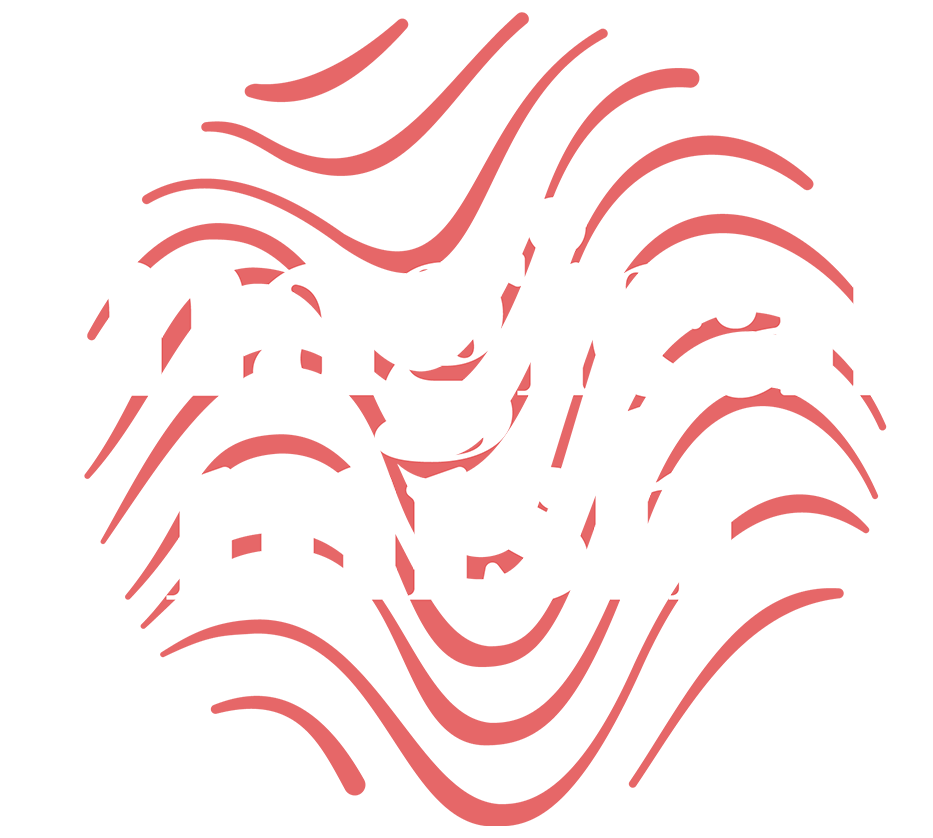
Understanding Channelling: What Happens When Someone Channels Another Person
October 28, 2024The Real Impact of Not Asking for Help
The Hidden Impact of Not Asking for Help: A Personal Reflection
Recently, a couple of conversations with friends sparked a deep realization for me about the struggle to ask for help. One friend, who tends to carry so much on his own, made me think about how difficult it can be for people to reach out—and how deeply this one simple thing can impact their lives. It made me wonder how much stress, isolation, and even missed opportunities stem from this reluctance to ask for support.
Then, another friend shared a challenging experience. She wasn’t telling anyone what had happened, and it left me wondering: Is this about denial, or is it the fear that speaking it out loud would make it real? So many of us carry these hidden burdens, and it’s often for reasons that seem logical but ultimately hold us back. Here are some of the common reasons why people avoid asking for help and the toll it can take.
Common Reasons We Avoid Asking for Help
- Fear of Judgment: The worry of being judged or appearing weak often makes people hesitant to reach out, afraid of being seen as less capable.
- Desire for Independence: We’re conditioned to value independence. Many believe they should be able to handle everything themselves, as if asking for help somehow diminishes their strength.
- Avoidance of Vulnerability: Asking for help means showing vulnerability, and for some, this feels risky. They may fear rejection or being misunderstood.
- Denial of the Problem: Sometimes, avoiding help is a way to avoid acknowledging the issue altogether. If we don’t say it out loud, maybe it’s not real, right?
- Fear of Burdening Others: Many worry about being a burden, thinking their struggles aren’t significant enough to “bother” others with.
- Low Self-Worth: For those with self-esteem challenges, asking for help can feel like an admission that they’re not enough. This mindset keeps them locked in self-reliance, even when they’re struggling.
The Real Impact of Not Asking for Help
By unpacking these reasons, we start to see the unintended, unhealthy impact of not reaching out. Here’s how avoiding help can truly affect us:
- Increased Stress and Mental Health Issues
When we try to shoulder everything alone, it leads to chronic stress, anxiety, and sometimes even depression. Social support is a vital part of mental health, and avoiding it can amplify feelings of loneliness and isolation. - Weakened Relationships and Isolation
As Simon Sinek discussed in his conversation with Trevor Noah, true trust in relationships is built by letting others help us, not just by helping them. Avoiding help deprives us of the chance to strengthen bonds and build trust with those who care about us. - Missed Opportunities for Growth
Reaching out allows us to gain new perspectives and insights. When we hold back, we miss the chance to learn, grow, and break out of old patterns. - Physical Health Consequences
Carrying unaddressed burdens affects not only our mental well-being but also our physical health. Chronic stress can lead to issues like high blood pressure, fatigue, and immune system weakness. - Self-Esteem and Self-Worth Issues
Holding onto a “do-it-alone” mentality can lead to feelings of inadequacy and lower self-esteem. By refusing help, we reinforce the belief that asking for support is a sign of failure, which further impacts our sense of worth.
Embracing Vulnerability: Why Asking for Help Builds Trust
In the discussion between Simon Sinek and Trevor Noah, Sinek highlighted that trust grows when we allow others to help us. It’s a reciprocal act of vulnerability and support that strengthens bonds. Asking for help doesn’t only lighten our own load; it gives others a chance to show up for us, deepening the connection and trust within our relationships.
How to Start Asking for Help
For those who find it challenging, here are a few ways to ease into it:
- Start Small: Ask for help with something minor to build comfort in reaching out.
- Reframe Help as a Strength: Remember that asking for support is a sign of self-awareness and resilience, not weakness.
- Acknowledge the Mutual Benefit: Trust that letting someone help you strengthens your bond and allows them to feel valuable.
- Choose Your People Wisely: Not everyone has the capacity to hold space for others in a supportive, non-judgmental way. Some people may unintentionally re-trigger trauma or amplify negative feelings. As Oprah and Brené Brown once discussed, it’s essential to choose your people—those who can truly listen and support without judgment. Select someone who can offer genuine presence and empathy, making your experience feel seen and respected.
In these moments of reflection, I’m reminded of how meaningful it is to let others in. If you’re someone who struggles to ask for help, remember that doing so can be one of the most courageous and powerful steps you take toward a healthier, more connected life.
So, what would happen if, instead of bearing the weight alone, you chose to lean on those around you? You might just find that the support you’ve been denying yourself is the very thing that brings you closer to those who care about you.
